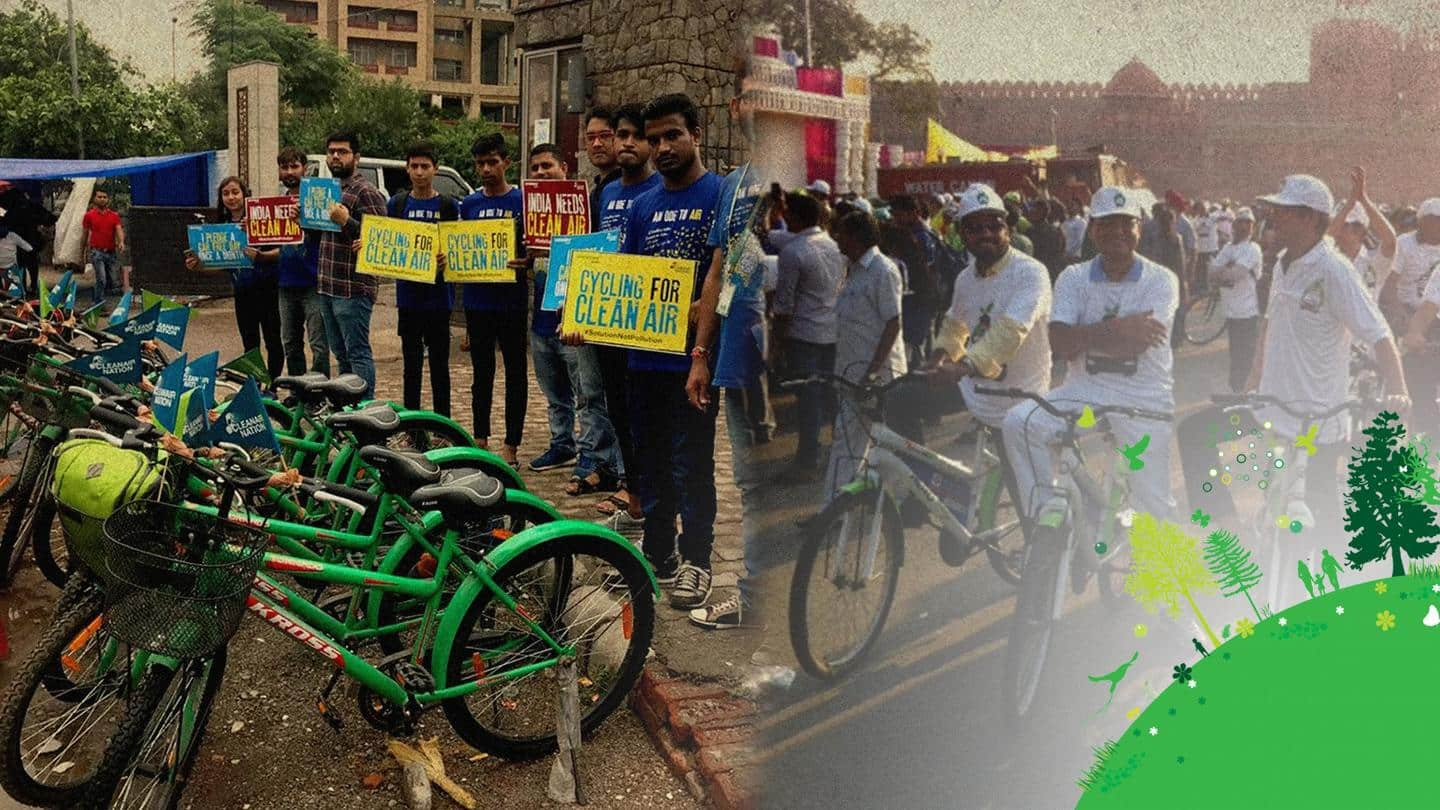
World Car-Free Day 2022: History, activities, and more
What's the story
Celebrated around the world on September 22 every year, World Car-Free Day encourages motorists to give up on their cars for a day and explore other alternatives.
This worldwide initiative highlights that although cars are important and the most convenient means of transport, they cause a rise in both pollution and accidental deaths.
Here's everything you should know about this occasion.
History
Car culture was problematic during the 1950s
In the 1950s, people protested against the car culture in many countries owing to the increasing pollution levels and road accidents.
This got the Netherlands and Belgium to have a car-free Sunday in 1956 and 1957 respectively.
Additionally, during the late 1990s, several European cities started various car-free projects, inviting cities worldwide to participate on September 22.
Hence, World Car-Free Day is celebrated today.
Significance
Promotes walking, cycling, and public transit
World Car-Free Day seeks to promote walking, cycling, public transit, and other forms of sustainable commuting.
With this, people ensure that their city is clean, pollution-free, and noise-free at least for a day.
It offers an opportunity to make better use of congested roads.
From races in Budapest to street picnics in Vienna, people replace traffic with fun activities on this day.
Inspiration
Destinations around the world where you won't find cars
Wondering if there is any place without cars? Well, yes, there are some.
Hydra, a Greek island, is a destination where no scooters, cars, or motorized vehicles are allowed.
Ghent in Belgium, Lamu in Kenya, and La Cumbrecita, Argentina are some other destinations that have major car-free zones.
Also, you can only commute via boats in Giethoorn, The Netherlands.
Activities
Things to do instead of driving
The best thing to do this World Car-Free Day is to keep your car parked all day and instead opt for other means of transport like bicycles or local trains.
If that looks unlikely, then you can opt for carpooling and raise awareness about the occasion.
Get your car serviced and maintained by getting their pollution levels checked.
Focusing on sustainability
India's experiment with being car-free
India has time and again taken inspiration from other countries when it comes to becoming car-free or lowering car rides.
The odd-even scheme in Delhi first started in 2016 and became an annual scene.
Later, Gurugram, Sonepat, Faridabad, and Jhajjar followed suit.
Over the course of time, the country has seen an increase in electric trams, metro routes and trains, and electric buses too.